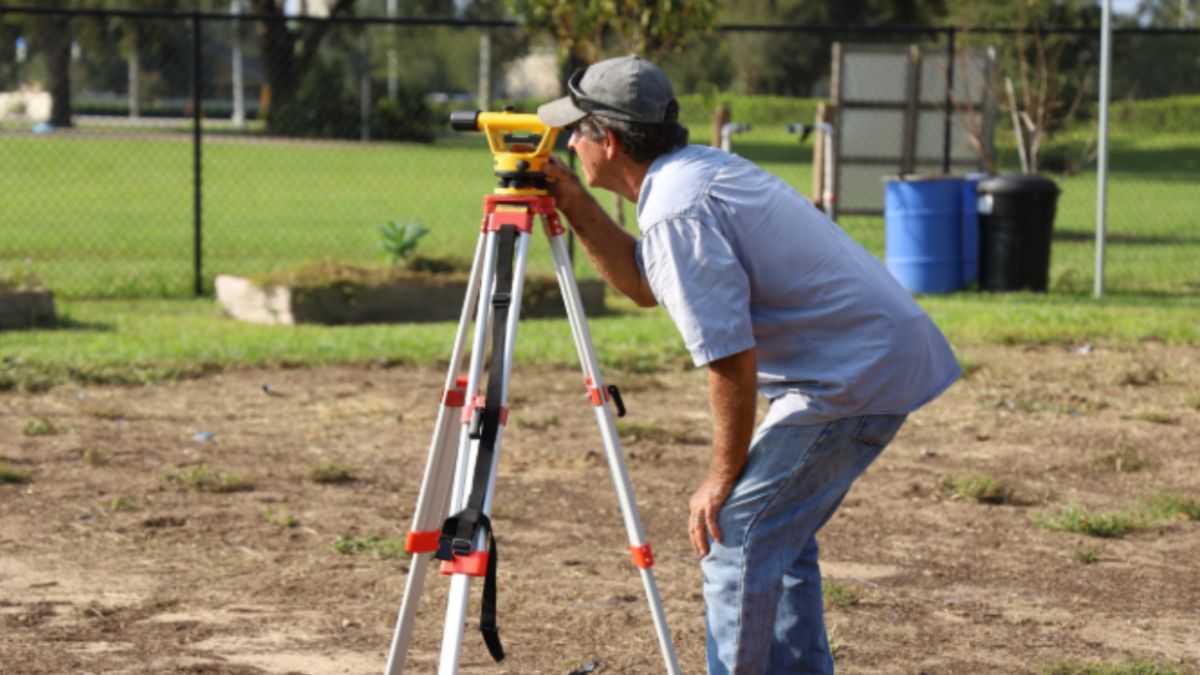Table of Contents
ToggleProperty Rights Law
Buying a property can be an exhilarating experience, but it also comes with its share of potential pitfalls. Many people, especially first-time or cautious buyers, often worry about making mistakes or not fully grasping the crucial rules about the land or home they want to buy. The fear of buying something and later discovering it’s not truly yours is a valid concern. These worries are not unfounded, and having a clear understanding of property rights law can be your shield against such potential problems.

At Fraser Law Firm, LLC, we help clients navigate South Carolina property rights law so they can make informed choices when purchasing homes or land in Hilton Head and nearby communities. This guide outlines key principles of property rights law and highlights important factors to consider before buying. We address a range of South Carolina property-related issues, including boundary disputes, co-ownership conflicts, landlord-tenant matters governed by the South Carolina Residential Landlord and Tenant Act, and inheritance claims handled under South Carolina probate law. Our attorney develops tailored legal strategies to support your goals. With a practical, client-centered approach, Fraser Law Firm, LLC provides guidance across various property-related legal concerns.
Call Fraser Law Firm, LLC at (843) 681-9111 Today!
What Is Property Rights Law?
Property rights law is the legal framework that defines who owns land or buildings and what they can do with them. It helps confirm ownership and establish rules for use, sale, and transfer, subject to thorough due diligence and applicable laws. These rights—often referred to as a ‘bundle of rights’—include possession, control, exclusion, quiet enjoyment, and disposition (selling or leasing), as generally recognized under South Carolina real property law. Understanding these rights is key to managing your property responsibly and avoiding conflicts. It also enables you to make informed decisions, protect your investment, and maintain control over your property with confidence.
Why Property Rights Matter When Buying Property
Property rights law is not just a legal requirement when buying property; it’s your shield against potential ownership and investment risks. Without a clear understanding of these rights, you could find yourself in serious issues like disputed boundaries, legal conflicts with neighbors, or limitations on how you can use the land. In some cases, unclear ownership could expose a buyer to competing claims or potential loss of title. Property rights law helps establish who legally owns the land or home you are buying and outlines the rights and limitations regarding its use, subject to verification and applicable laws. Knowing these rights before you buy supports informed decisions and helps prevent costly mistakes.
Common Property Rights Issues to Know
Alt Text: A person in a blue shirt sits at a wooden table with a judge’s gavel positioned between two small model houses, visually representing property disputes and the role of a property disputes lawyer in resolving legal conflicts over real estate ownership and rights.
Boundary Disputes
These occur when property lines are unclear or when neighbors disagree on where one property ends and another begins. Boundary disputes may be resolved through property surveys, legal documentation, or mediation, though resolution often requires legal advice or court intervention. Clarifying boundaries before purchase helps prevent costly and stressful disagreements later.
Title Defects
Title defects happen when ownership records are inaccurate, incomplete, or disputed. These may include missing signatures, recording errors, or unresolved claims from previous owners. Although a comprehensive title search is essential for identifying any problems, it may not uncover all potential future claims or legal challenges—such as those from undisclosed heirs, forged documents, or clerical errors. An owner’s title insurance policy can provide coverage for certain covered, pre-existing title defects (such as undisclosed heirs, forgery, or recording errors) as defined by the policy terms and South Carolina Department of Insurance regulations.
Easement Disagreements
Easement disagreements arise when a property owner or neighbor misuses granted access rights. For example, someone might expand a shared driveway beyond agreed limits. Understanding easement terms and boundaries helps prevent conflict. South Carolina property law provides mechanisms to address easement disputes, which may include negotiation, modification agreements, mediation, or filing a civil action in circuit court, depending on the circumstances.
Zoning Violations
Zoning violations occur when a property is used in ways not permitted by local or county zoning ordinances in South Carolina. The local zoning authority or municipal code enforcement office typically handles enforcement. This can include exceeding permitted land use, violating setback requirements, exceeding occupancy limits, or operating a business in a residential-only zone. These violations can lead to fines, legal action, or forced changes to the property. Consulting with legal professionals can help owners understand and comply with local zoning laws, which vary by municipality and may involve complex regulations and enforcement procedures.
Inheritance Claims
Inheritance claims arise when multiple heirs assert rights to the same property after a loved one’s death. In South Carolina, inheritance claims are governed by the South Carolina Probate Code (§62-1-100 et seq.), wills, and intestate succession statutes, which determine whether property passes through probate, is transferred via will, or is distributed under intestate succession if no will exists. These laws set out how property is divided or transferred among heirs. Proper estate planning and legal documentation help prevent confusion and enable fair distribution of assets.
How to Protect Your Rights Before Purchasing Property
- Conduct a title search to confirm who owns the property.
- Review zoning regulations to understand what can be built or changed.
- Check for easements and encumbrances that might limit usage.
- Hire a South Carolina–licensed real estate attorney to review all contracts and documents before signing.
- Inspect the property for physical and legal issues.
Frequently Asked Questions
What is the Core “Bundle of Rights” in Real Property?
The commonly recognized “bundle of rights” in real property includes possession, control, exclusion, quiet enjoyment, and disposition (sell/lease/gift)—all subject to law, recorded restrictions, and private agreements.
What Does the Right of Property Mean?
The right of property means the legal ability to own, use, and dispose of land or possessions. It grants owners control over their assets, allowing them to enjoy, modify, or transfer them as they wish—within legal limits. This right is protected by property rights law to allow ownership to remain secure against interference, misuse, or unlawful claims from others.
What Are the Two Important Rights to Property?
Two commonly emphasized rights are the right to exclude (control access) and the right of disposition (sell or lease), subject to applicable law and recorded restrictions.
Property Lawyer in Hilton Head, SC

Understanding property rights law helps you make smart, confident property decisions. At Fraser Law Firm, LLC, we help clients in Hilton Head, SC, navigate legal rules to protect their investments. Property rights allow you to own, use, and manage real property—subject to recorded restrictions and applicable law—supporting both personal and financial goals. Whether dealing with real estate or ownership disputes, our firm provides professional legal guidance and representation tailored to each client’s circumstances and the facts of their case. If you’re buying property or want to learn more about property rights law, our team is ready to help.
Call Fraser Law Firm, LLC at (843) 681-9111 Today!
The Fraser Law Firm, LLC-Estate Planning and Probate Attorney
Disclaimer: This article provides general information and does not serve as legal advice. For legal concerns, consult a licensed attorney. Viewing or interacting with this content does not create an attorney-client relationship. This includes submitting a form, leaving a comment, sending a message, making a call, or leaving a voicemail. Laws may vary by jurisdiction. Laws are subject to change; always verify current legal requirements with a qualified professional.
© All Rights Reserved.

Denny Fraser has made Hilton Head Island and the Lowcountry of South Carolina home for his family since 1973. After many successful years working in the construction industry, Denny enrolled in the University of South Carolina School of Law in 1997, and earned the degree of Juris Doctor In 2000.



